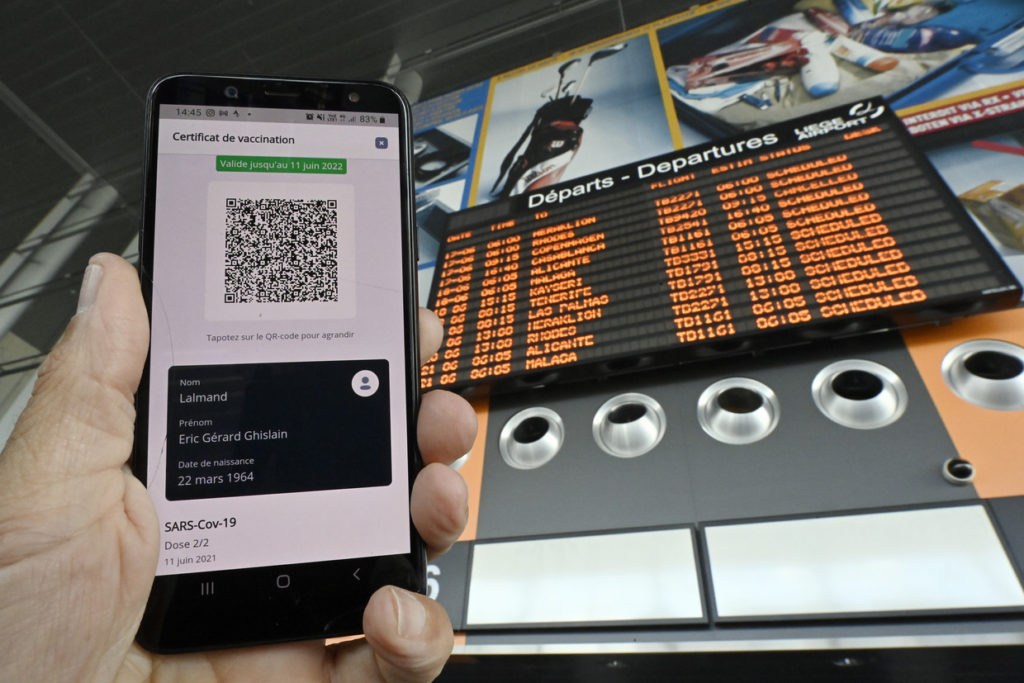People not yet vaccinated against the coronavirus have been advised by the World Health Organisation (WHO) to postpone travel to regions where variants of concern are circulating, specifically the Omicron variant.
The organisation has updated its advice for international travel in light of the new variant, which first emerged in South Africa but has since been detected in several European countries including Belgium. It stated that a precautionary approach is "warranted in the presence of scientific uncertainties," including this new variant of concern.
'People who have not been fully vaccinated or do not have proof of previous SARS-CoV-2 infection and are at increased risk of developing severe disease and dying, including people 60 years of age or older or those with comorbidities [...] should be advised to postpone travel to areas with community transmission,"'the WHO's latest travel advice states.
The "areas of community transmission" refer to the regions and countries where the Omicron variant has already been detected among inhabitants, such as South Africa, Botswana, Zimbabwe and Nigeria. Most recently this also includes The Netherlands.
As scientists and health experts are rushing to investigate the transmissibility and danger of the new variant, many countries have now pre-emptively closed borders or introduced entry bans for people coming from these countries, which are mostly in southern Africa.
Criticism of 'blunt' measures
These harsh restrictions were criticised both by targeted countries, including South Africa, and by WHO Director-General Tedros Adhanom Ghebreyesus, who said that the Omicron variant was still a largely unknown threat.
He contested the “blunt” and “blanket” measures taken by countries in the past few days and added that, by doing so, countries where the new variant was first identified were "being penalised by others for doing the right thing."
Instead, the organisation has called on people to be extremely vigilant in light of the new variant but to do so in an organised way, by testing returning travellers and enforcing the wearing of face masks during travel.
Related News
- Existing vaccines probably 'less effective against new variant,' says Moderna CEO
- EU leaders to discuss coordinated approach to Omicron variant
- TUI repatriates over 2,300 Belgian customers from Morocco
In its travel advice, the WHO added that countries implementing testing or quarantine as a condition for the entry of international travellers may exempt vaccinated people but that proof of a coronavirus vaccination "should not be required as a condition of entry to or exit."
“As we don't yet have a full picture of this variant; as long as we don't know how well the existing vaccines are working…we need to use the measures that we know work,” Christian Lindmeier, WHO spokesperson, said during a scheduled briefing in Geneva on Tuesday.
He added that "Omicron is not the only variant out there, it's now high on the agenda of interest," referring to the Delta variant which driving the latest wave in cases in most western countries. "There is a COVID-19 pandemic, even without the Omicron variant," he said.

